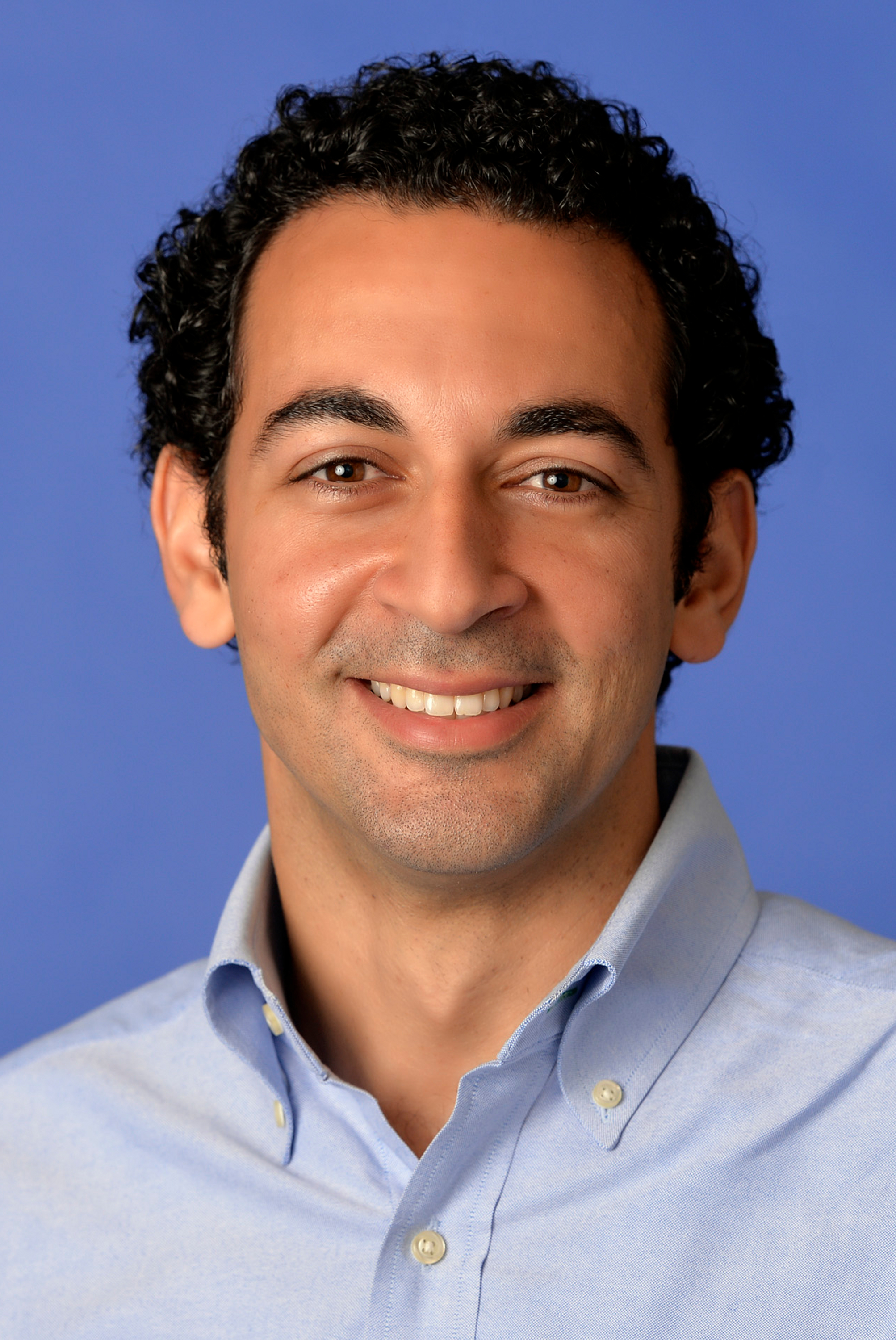Experts
Ahmed Morsy

Former Nonresident Associate, Democracy and Rule of Law Program
About
Ahmed Morsy is no longer with the Carnegie Endowment.
Ahmed Morsy was a nonresident research associate in the Democracy and Rule of Law Program at the Carnegie Endowment for International Peace. His research interests include Arab political reform and the regional order and security of the Middle East, including the regional security policies of Egypt, Iran, and the United States.
Morsy’s professional experience includes public diplomacy and youth outreach with the U.S. embassy in Cairo and political party development with the National Democratic Institute in Egypt. He also works as a consultant for the Middle East and North Africa Project at the American Political Science Association.
His recent publications include “Transitional Justice: Egypt’s Way Forward” and “An Eager Iran & Hesitant Egypt: Relations Before & After the Arab Spring.”
Affiliations
Areas of Expertise
Education
PhD Candidate, School of International Relations, University of St Andrews, MA, The American University in Cairo, BA, Cairo University
Languages
Arabic, English